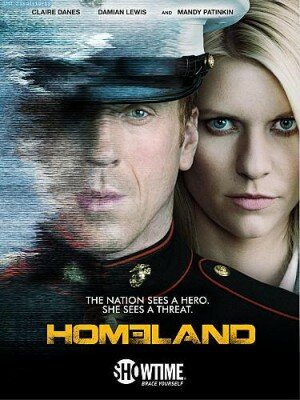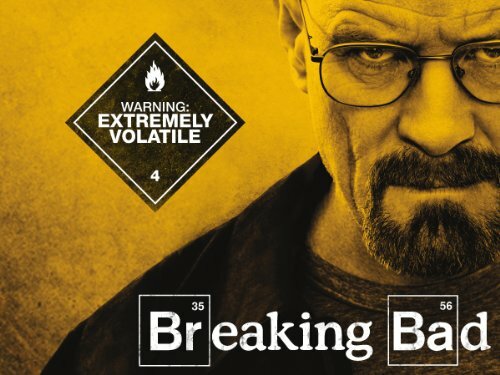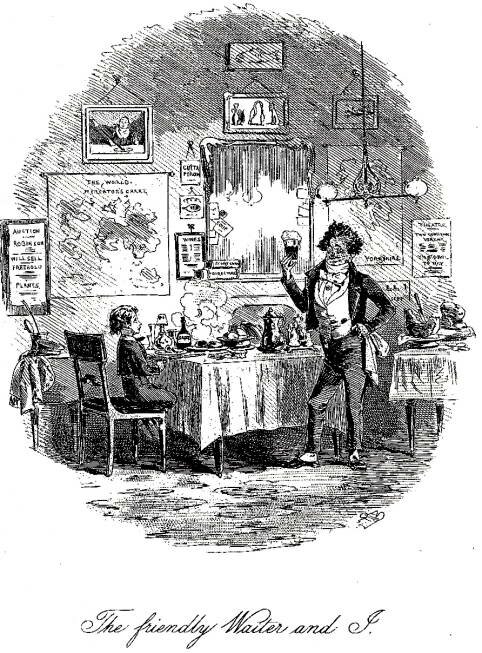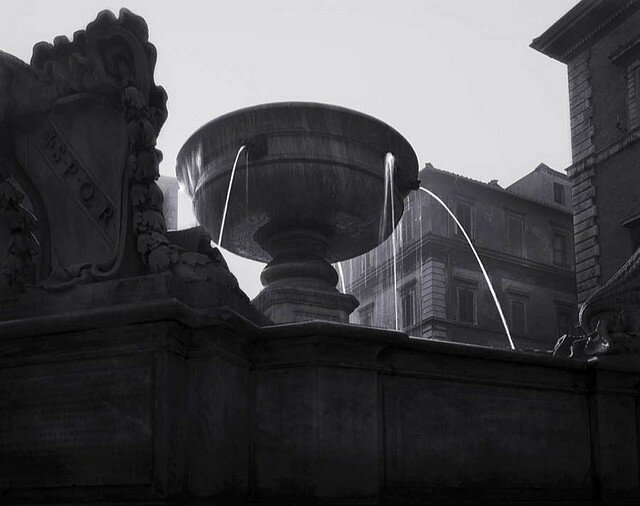Today, Oomska wishes a very happy 200th birthday to Charles Dickens. Here we present a favourite passage, from a favourite chapter, from a book that’s a favourite of ours, and of the inimitable Mr Dickens himself: none other than ‘The Personal History of David Copperfield’.
“I went on, by passing the wine faster and faster yet, and continually starting up with a corkscrew to open more wine, long before any was needed. I proposed Steerforth’s health. I said he was my dearest friend, the protector of my boyhood, and the companion of my prime. I said I was delighted to propose his health. I said I owed him more obligations than I could ever repay, and held him in a higher admiration than I could ever express. I finished by saying, ‘I’ll give you Steerforth! God bless him! Hurrah!’ We gave him three times three, and another, and a good one to finish with. I broke my glass in going round the table to shake hands with him, and I said (in two words)
‘Steerforth—you’retheguidingstarofmyexistence.’
I went on, by finding suddenly that somebody was in the middle of a song. Markham was the singer, and he sang ‘When the heart of a man is depressed with care’. He said, when he had sung it, he would give us ‘Woman!’ I took objection to that, and I couldn’t allow it. I said it was not a respectful way of proposing the toast, and I would never permit that toast to be drunk in my house otherwise than as ‘The Ladies!’ I was very high with him, mainly I think because I saw Steerforth and Grainger laughing at me—or at him—or at both of us. He said a man was not to be dictated to. I said a man was. He said a man was not to be insulted, then. I said he was right there—never under my roof, where the Lares were sacred, and the laws of hospitality paramount. He said it was no derogation from a man’s dignity to confess that I was a devilish good fellow. I instantly proposed his health.
Somebody was smoking. We were all smoking. I was smoking, and trying to suppress a rising tendency to shudder. Steerforth had made a speech about me, in the course of which I had been affected almost to tears. I returned thanks, and hoped the present company would dine with me tomorrow, and the day after—each day at five o’clock, that we might enjoy the pleasures of conversation and society through a long evening. I felt called upon to propose an individual. I would give them my aunt. Miss Betsey Trotwood, the best of her sex!
Somebody was leaning out of my bedroom window, refreshing his forehead against the cool stone of the parapet, and feeling the air upon his face. It was myself. I was addressing myself as ‘Copperfield’, and saying, ‘Why did you try to smoke? You might have known you couldn’t do it.’ Now, somebody was unsteadily contemplating his features in the looking-glass. That was I too. I was very pale in the looking-glass; my eyes had a vacant appearance; and my hair—only my hair, nothing else—looked drunk.
Somebody said to me, ‘Let us go to the theatre, Copperfield!’ There was no bedroom before me, but again the jingling table covered with glasses; the lamp; Grainger on my right hand, Markham on my left, and Steerforth opposite—all sitting in a mist, and a long way off. The theatre? To be sure. The very thing. Come along! But they must excuse me if I saw everybody out first, and turned the lamp off—in case of fire.
Owing to some confusion in the dark, the door was gone. I was feeling for it in the window-curtains, when Steerforth, laughing, took me by the arm and led me out. We went downstairs, one behind another. Near the bottom, somebody fell, and rolled down. Somebody else said it was Copperfield. I was angry at that false report, until, finding myself on my back in the passage, I began to think there might be some foundation for it.
A very foggy night, with great rings round the lamps in the streets! There was an indistinct talk of its being wet. I considered it frosty. Steerforth dusted me under a lamp-post, and put my hat into shape, which somebody produced from somewhere in a most extraordinary manner, for I hadn’t had it on before. Steerforth then said, ‘You are all right, Copperfield, are you not?’ and I told him, ‘Neverberrer.’”




